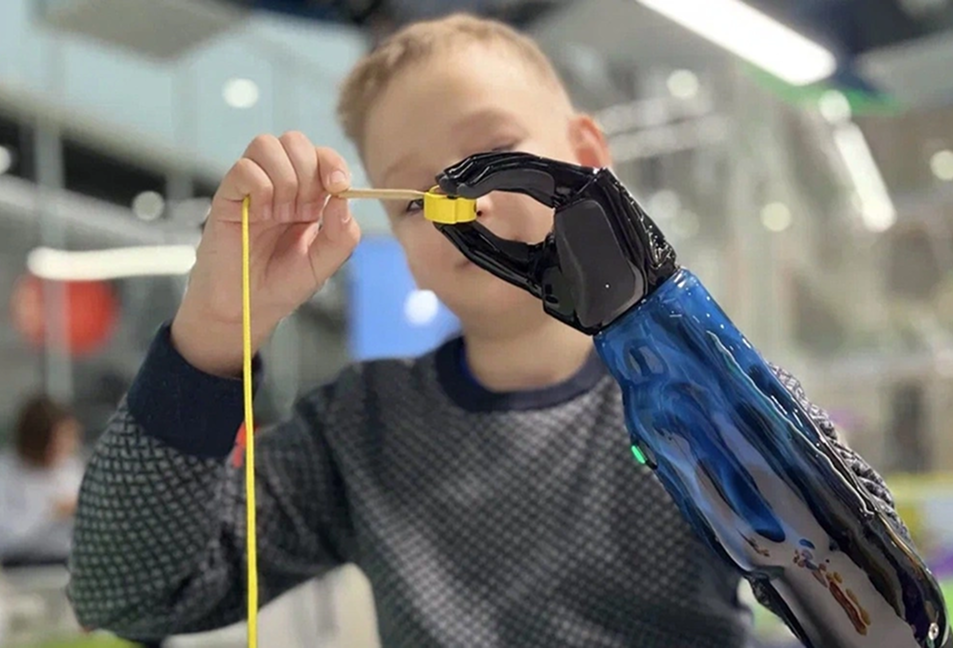Ethical and social considerations
The rise of bionic prosthetics and cybernetic augmentation raises important ethical and social questions. Access to advanced devices can be limited by cost, insurance coverage, or regional availability, creating disparities in care. Issues of human enhancement, identity, and the psychological impact of integrating technology into the body are under active discussion in the UK. Ethical frameworks emphasise informed consent, equitable access, patient autonomy, and transparency in device capabilities, guiding responsible development and deployment.
Future directions
The future of bionic prosthetics and cybernetics in the UK points toward increasingly seamless human-machine integration, enhanced sensory feedback, and even adaptive, self-learning devices. Research aims to reduce cognitive load required for device control, develop wireless and minimally invasive interfaces, and incorporate AI algorithms for predictive movement and adaptive performance. Potential applications extend beyond rehabilitation, including military, industrial, and sports augmentation, and collaborative robotics in healthcare and daily life.
Societal impact and adoption
The adoption of bionic prosthetics reshapes societal perceptions of disability and capability. In the UK, public awareness campaigns, inclusive policies, and accessibility standards support social integration of prosthetic users. As devices become more advanced, they challenge traditional notions of ability and redefine the relationship between technology and the human body. Wider societal acceptance, combined with ongoing technological innovation, has the potential to transform rehabilitation, enhance quality of life, and inspire new approaches to inclusive design.
Conclusion
Bionic prosthetics and cybernetics in the United Kingdom represent a convergence of engineering, neuroscience, and medicine that is redefining human capability. By restoring lost function, augmenting performance, and integrating seamlessly with the human body, these technologies improve mobility, independence, and quality of life for patients. Ongoing research, innovation, and interdisciplinary collaboration are essential to advance device functionality, ethical deployment, and equitable access. The evolution of bionic prosthetics illustrates the transformative potential of technology in medicine, highlighting the balance between human enhancement, social integration, and responsible innovation.

